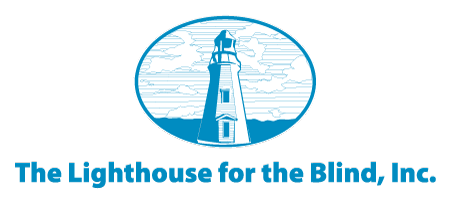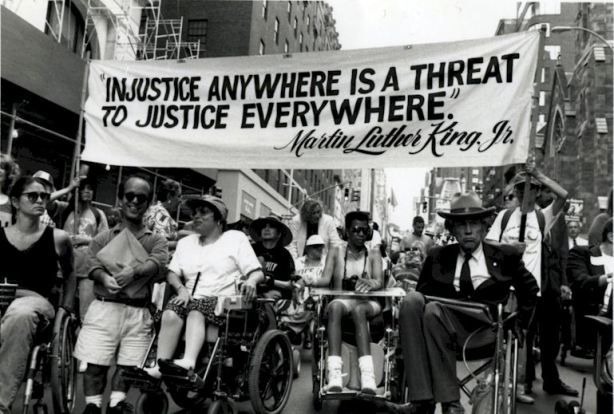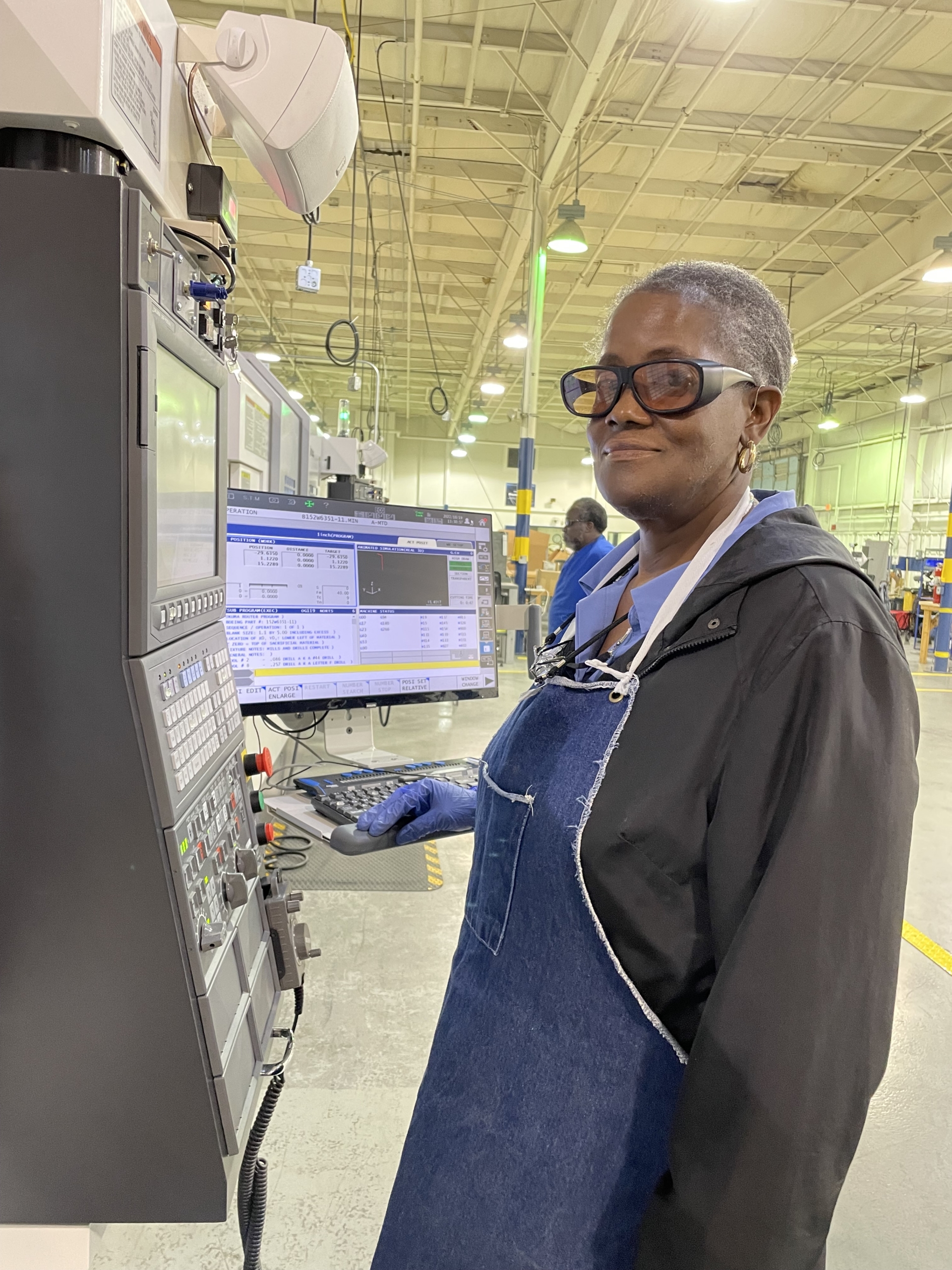Consortium of Schools and Philanthropists Gives Blind Students a Chance to Excel
CANnect Expands Access to Online Learning for Visually Impaired Students
Vancouver, WA — The lack of quality educational opportunities for people who are blind/ visual impairments—both the 100,000 school-aged children as well some 18.5 million working-age Americans—is a serious problem that leads up to a seventy percent unemployment rate among this group. As education increasingly migrates to the online sphere, blind/visually impaired students face even greater barriers to learning.
Whether students are in a classroom or learning remotely, online resources now play a major role in all aspects of education. Many high schools and over 90 percent of public colleges and universities now teach courses online, and even in traditional learning environments, students are required to use online education tools such as Blackboard, Moodle, etc. to obtain course materials, participate in class discussions, and receive grades and feedback from instructors. Unfortunately, research has shown it is three times harder for a blind/visually impaired person than a sighted person to use the Internet, and most online learning content is not consciously designed with the usability and accessibility of blind/visually impaired students in mind.
Responding to this dilemma, in November 2008 the Alfred P. Sloan Foundation awarded CANnect—a consortium of schools and philanthropists addressing the challenge of online learning for blind/visually impaired students—a $50,000 grant to explore joint programs between CANnect and the Sloan Consortium. The Sloan Foundation grant has allowed CANnect to institute three unprecedented projects that explored making online learning an increased reality for these students. These initiatives include:
– A comprehensive “How-to Guide” for creating accessible online learning content. The guide shows course content developers how to create learning materials that are usable and accessible for all students.
– A series of workshops aimed at raising the awareness of Web site developers and course designers to the principles of universal design—ensuring that web and online learning content is usable for all students.
– A study that examines the popular learning management system Moodle in terms of usability for blind/visually impaired students. While CANnect’s report found that the vast majority of Moodle is technically accessible, the report lays out ways in which the experience can be improved for blind/visually impaired students.
These new resources can change how educators and content developers design online learning programs, thus making such opportunities more accessible for all learners. Additionally, CANnect is working with its member institutions—the Carroll Center for the Blind, Washington State School for the Blind, and the Gibney Family Foundation—to expand online learning opportunities.
CANnect is a consortium of schools and philanthropists with years of experience. We bring together some of the best minds in education and training for the blind, in Internet business, and in online learning. We promote independent living by forging the most comprehensive, most accessible collection of online learning opportunities for people with visual impairments. Find out more at www.cannect.org
The Sloan Consortium is an institutional and professional leadership organization dedicated to integrating online education into the mainstream of higher education, helping institutions and individual educators improve the quality, scale, and breadth of online education. In addition to a range of services, Sloan-C maintains a catalog of degree and certificate programs; provides speakers and consultants to help institutions learn about online methodologies; hosts conferences and workshops to help implement and improve online programs; and offers variety of publications. Find out more at www.sloanconsortium.org.
[/fusion_builder_column][/fusion_builder_row][/fusion_builder_container]


